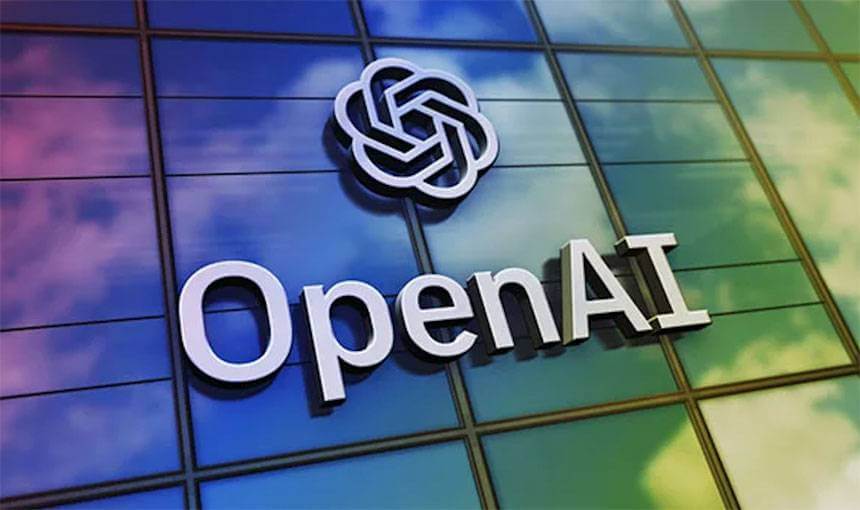OpenAI, the company behind the groundbreaking ChatGPT and other AI technologies, is strategically restructuring its operations, fueling speculation about a potential initial public offering (IPO). Sarah Friar, OpenAI's Chief Financial Officer, has recently indicated that these restructuring efforts are designed to position the company for a future IPO, contingent upon favorable market conditions and the company's internal readiness.
One of the most significant moves in this restructuring is the conversion of OpenAI's for-profit arm into a public benefit corporation (PBC). This structure is intended to strike a balance between generating profits for shareholders and pursuing broader social objectives. Unlike traditional non-profits that focus exclusively on public good, a PBC allows OpenAI to attract capital investment while remaining committed to its mission of developing safe and beneficial artificial general intelligence (AGI). This model provides legal room for leadership to prioritize the public good, even in decisions that might not maximize shareholder value.
Friar addressed the possibility of an IPO at the Dublin Tech Summit. While clarifying that her statements should not be interpreted as an official IPO announcement, she acknowledged that the PBC structure "gets us to an IPO-able event… if and when we want to." She emphasized that the timing of an IPO would depend on both the company's preparedness and the receptiveness of the market. "You can show up at the altar all ready to go, and if the market's not ready for you, yeah, you're just out of luck," Friar stated, highlighting the importance of building a sustainable and resilient company, regardless of public market conditions.
Moreover, Friar pointed out that predictability is a key attribute for any company considering going public. While the market may tolerate some unpredictability, particularly in high-growth companies, it generally prefers a degree of certainty. This suggests that OpenAI is focused on establishing a more predictable business model as it contemplates its future financial strategy.
OpenAI's financial performance and strategic partnerships further contribute to the IPO speculation. The company's revenues have soared, reaching $3.4 billion, and projections for 2025 estimate a jump to $12.7 billion, marking a 243% year-over-year increase. This growth rivals some of the most ambitious scale-ups in Silicon Valley history. The company has also made significant investments, including the acquisition of io, an AI hardware startup founded by former Apple designer Jony Ive, in a $6.5 billion equity deal.
Microsoft's substantial investment of over $13 billion in OpenAI has been a critical factor in the company's growth. However, recent reports indicate that OpenAI and Microsoft are renegotiating their partnership agreement, seeking to redefine the terms of their alliance. The discussions revolve around Microsoft's equity stake in OpenAI's for-profit entity, long-term access to OpenAI's AI models, and the roadmap beyond their current agreement, which extends through 2030.
Furthermore, OpenAI is embarking on significant infrastructure projects, including the Stargate project in collaboration with SoftBank and Oracle, with the aim of building AI data centers across the United States, with Oracle investing $40 billion. These initiatives underscore OpenAI's commitment to expanding its capabilities and solidifying its position in the AI landscape.
If OpenAI proceeds with an IPO, it is estimated that the company could be worth between $317 and $381 billion, based on projected 2025 revenue and sector-relevant multiples. In a highly bullish scenario, the valuation could potentially reach between $444 and $508 billion, contingent on sustained hypergrowth and flawless execution.

















